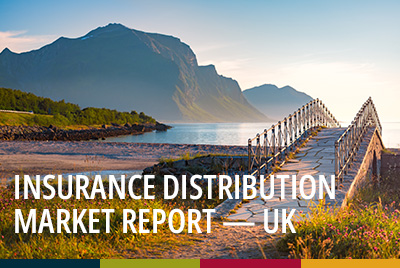The UK investment sector continues to see robust merger and acquisition (M&A) deal volumes into the second half of the year, with elevated deal activity in wealth management and financial planning. In terms of buyers involved in transactions, private equity (PE) is still the most prolific force, with international investors involved in many of the largest deals. The data shows that a lot of the activity is taking place at the very low end of the scale where the sector still counts more than 5,000 firms (with estimated values of less than £5m each), while deal sizes at the opposite end are increasing.
This year, there’s been a series of smaller deals by the consolidators pursuing their core bolt-on acquisition strategies. Meanwhile there were 37 transactions each with an estimated value over £5m each to the end of July. That is not dissimilar to the volumes in the last three years. But, the proportion of smaller transactions (£5-25m) has continued to fall over the same period to less than 50% of the deal volumes this year as larger deals have become more prominent. Whilst the data also includes deals in the wider eco-system of wealth management, it shows how growth and consolidation more widely are driving up deal sizes as PE capital continues to flow into the sector.
Consolidators’ Double Gain
So, what is going on? One of the attractions in buying small and selling large is the so-called multiple arbitrage strategy – the opportunity to buy businesses at a lower multiple and sell the aggregate at a higher multiple – taking advantage of the higher valuations of larger businesses. That has been an important factor in driving M&A volumes among smaller independent financial adviser (IFA) practices.
Another attraction for acquirers in that segment is that significant parts of the value are being realized over extended contingent deferred payments. Moving up the scale spectrum, the transaction structures change character to larger upfront payments and shorter, and sometimes less demanding, earnout payments. As a result, buyers gain twice – both from the multiple arbitrage and then also from the payment terms. This is often overlooked and misunderstood when comparing valuation multiples.
This potentially very lucrative opportunity attracts investors from near and far. Many smaller to mid-market UK funds have taken profits and off-loaded their investments to larger and more international funds, allowing the consolidators to continue their journey of integrating smaller practices with the help of fresh capital. This “recycling” is fueling the growth of successful consolidators which will find themselves having to engage in even larger volumes of smaller acquisitions or shift their acquisition criteria up the scale spectrum to maintain their growth. This will likely come through in the data in due course as the sector is set to continue to thrive from the inflow of investors.

